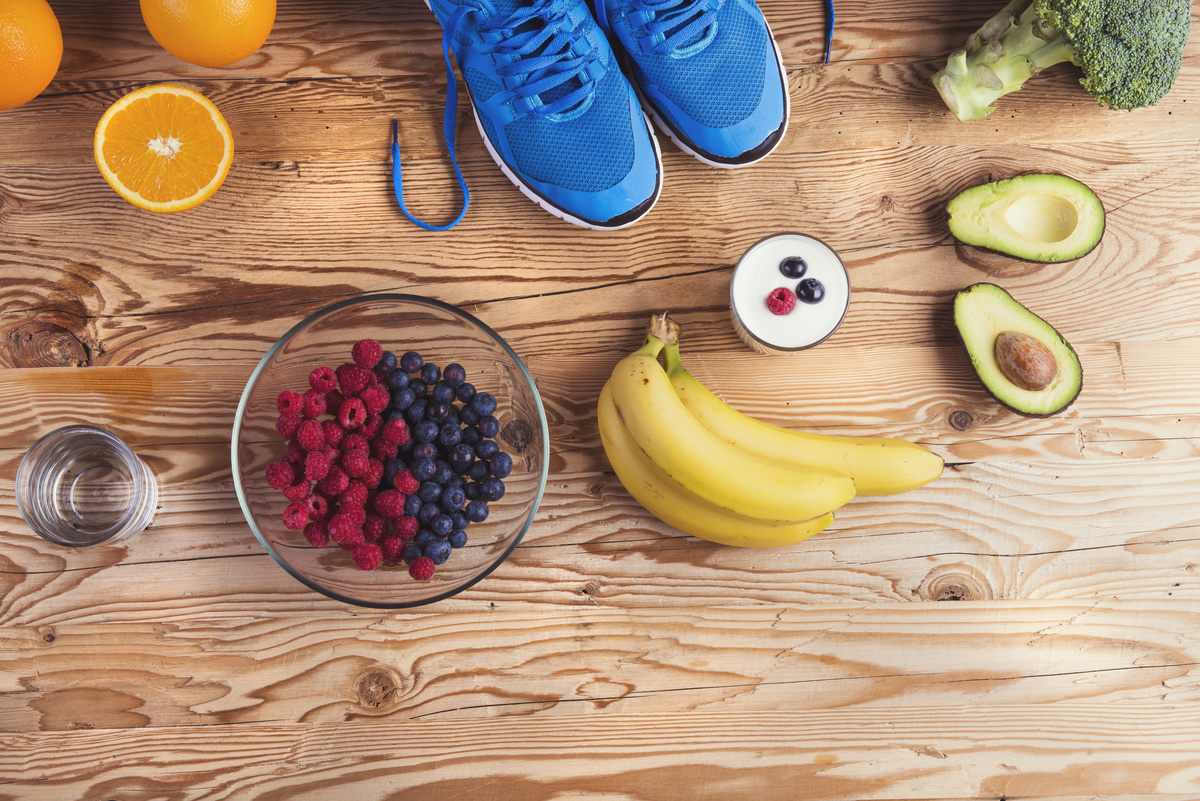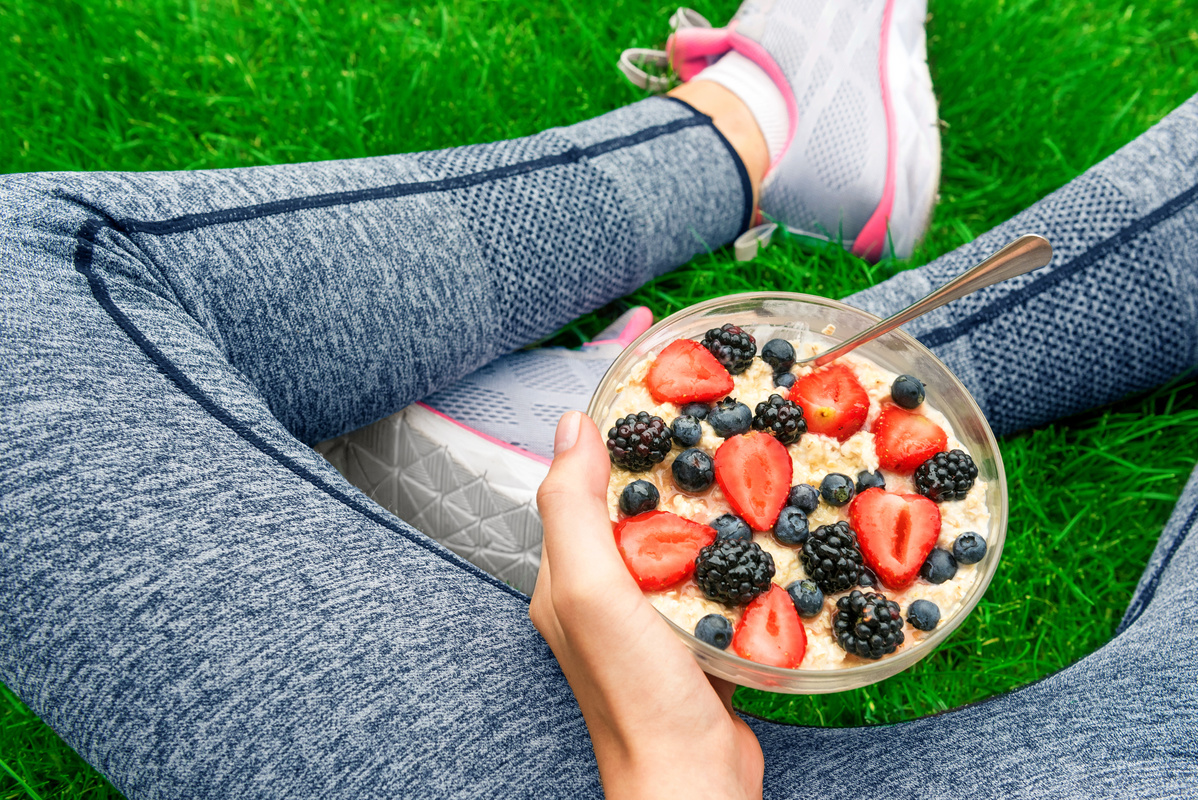Optimum performance can only be achieved when a runner recovers sufficiently after training. Carbohydrates, protein and fluid play an important role in this.
What the petrol tank is to the car, the carbohydrates are to the muscles, which are stored in the muscles and liver in the form of glycogen. Intensive and/or long training drains these energy reserves in the muscles and liver. Anyone who trains loosely for up to five hours a week therefore does not need to worry too much about nutrition after training, as long as they eat a balanced diet.
Carbohydrates are important for the immune system
The situation is different for runners who train more than five hours a week and some of which are high intensity. In order to regain performance, it is important to replenish the carbohydrate stores after training, preferably with starch supplements such as rice, pasta, potatoes or muesli. Exercise causes a slight stress and inflammatory reaction in the body. Carbohydrates counteract this. They are also important for the immune system.
Protein for the muscles
The first meal after training should contain not only carbohydrates but also protein. If the protein intake in the diet is insufficient, both the repair processes and the muscle building suffer. This can last up to 24 hours after training.
It is therefore not enough to supply the body with protein only immediately after training. Rather, it is important that each meal contains 20 to 25 grams of protein – whereby not all proteins are the same. This is because animal proteins (in fish, eggs, meat or dairy products) are generally more digestible by the body and therefore of higher quality than vegetable proteins.
Good vegetarian combinations
If you want to cover your protein requirements purely from plants, you must consume 30 to 40 grams of protein per meal to achieve the same value of 20 to 25 grams of animal protein. It is best to combine different vegetable foods with each other to increase their value, for example soy with rice and lentils or potatoes with beans and nuts. Such combinations offer a greater variety of “essential amino acids”, i.e. the protein building blocks that the body cannot produce itself, but which are essential for the muscle.
Triple good – the milk shake

If you don’t have a proper meal immediately after running, you can take protein and carbohydrates with a banana milkshake or chocolate milk, for example. Such drinks also help to compensate for the loss of fluid through sweating.
Fluid replacement is the third important point that runners should consider after training. An additional requirement of five to eight deciliter per hour of training is expected. Exactly how much fluid is needed varies greatly from individual to individual. The easiest thing to do is to pay attention to your urine: if the fluid intake is correct, it is about the color of white wine.
With sweat, the body loses not only fluid but also salt. A salty snack or a salty meal makes up for this.
Tips when overweight or underweight
Anyone who trains to lose weight must be careful not to treat himself to more than necessary after training as a reward. A simple rule of thumb is to fill 1/4 of your plate with carbohydrates, 1/4 with the protein component and the remaining half with vegetables and/or salad. In order not to consume additional calories, it makes sense to complete the workout shortly before the daily main meal and to avoid a regeneration snack.
Runners who tend to be underweight are best advised to increase the proportion of carbohydrates and reduce that of vegetables. Some olive or rapeseed oil and a few nuts can provide additional calories.
Tips
- Snacks immediately after training: fruit smoothie with yoghurt/curd cheese, chocolate milk, muesli, sandwich with dried meat or cheese, cereal bar, bread with nutmeg.
- Runners who follow a vegan diet should seek nutritional advice to prevent long-term deficiencies of certain food components.
- Magnesium rarely helps against muscle cramps. It is more important to compensate for the loss of fluids and salt during training and not to overload the muscle too much.
- Food supplements are usually unnecessary if the basic diet is correct. Pay attention to a balanced diet.
- Sports drinks are not necessary for low training volumes and during weight reduction.
- Alcohol can directly and indirectly reduce performance. It has a draining effect, influences the quality of sleep and thus hinders regeneration.
You might also be interested in this:
No matter what level of sport and no matter how much time you have, a targeted

